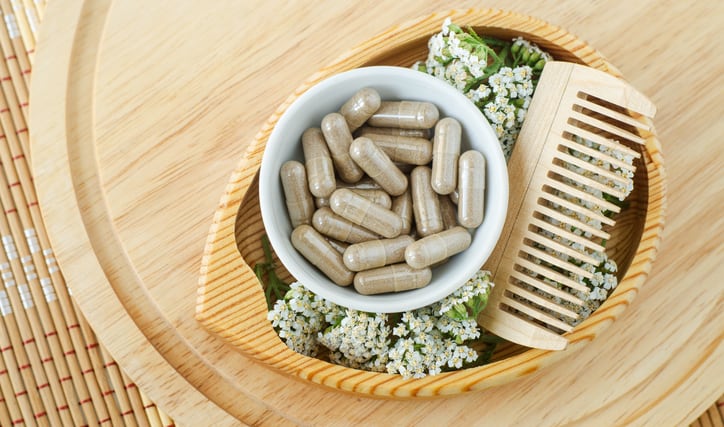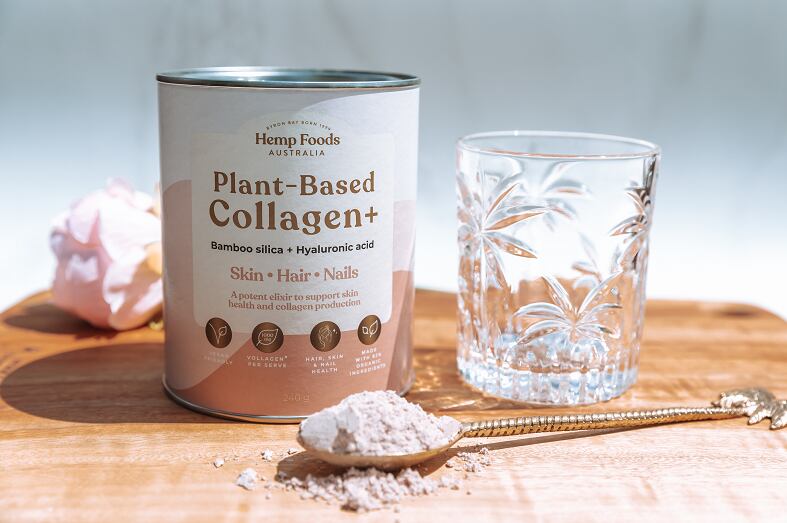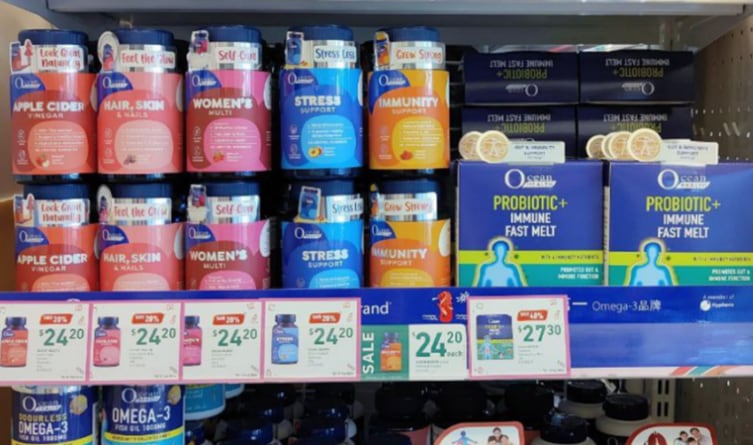Post-COVID, there is a surge in dietary supplements that claim to support hair growth or prevent hair loss across Asia-Pacific.
A similar trend was also seen in South Korea. However, the national regulator has warned that within the country, no health functional foods has been recognised for their efficacy or effectiveness in preventing or treating hair loss so far.
An inspection of online advertisements across e-commerce platforms, social media accounts, and second-hand markets in February, the MFDS said it caught a total of 622 false, exaggerated advertisements related to hair loss.
Of which, 146 were related to food and health functional foods, where most of them made therapeutic claims related to treating or preventing hair loss, or are effective for hair loss under specific conditions, such as post childbirth.
Some cases also misrepresented food products as medicines.
“As the distribution of products claiming hair loss prevention and treatment effects is increasing online, it will provide guidance on precautions when purchasing and using hair loss-related food and medical products,” said the regulator.
There are, however, approved functional cosmetics that could make hair loss symptoms relief claims in South Korea. Some medicines are also approved for treating hair loss, but these will need to be prescribed by the doctor.
Social media platforms’ problematic ads
The MFDS has also conducted a separate round of inspection on social media advertisements that have made exaggerated, false benefit claims. These included health functional foods making unapproved claims such as “toxin release”, “detoxification”, and “blood vessel cleansing”.
The inspection, conducted in October and November last year, found 145 problematic cases across 20 social media accounts, including those on Instagram. These account operators were also sent for prosecution for violating the Act on Labelling and Advertising of Food.
“Recently, as advertising and sales of food products using the social media network have become a new distribution method, various cases of unfair advertising that deceive consumers have been discovered one after another.
“In order to prevent consumer damage from unfair advertising, the Ministry of Food and Drug Safety's cyber investigation team and the Central Hazard Investigation Team have been launched,” said the regulator.
Out of the 145 cases caught, about half of them (49.7 per cent) involved advertising content that has not been reviewed, another 31 per cent pertained to false or exaggerated claims on body function and efficacy.
Other cases were related to disease prevention and treatment claims, including claims related to insomnia, constipation, diabetes, menstrual pain, osteoporosis prevention.
The remaining cases were advertisements that confuse health functional foods as medicines.
“There were many posts advertising unacknowledged functional content using keywords of high interest in the social media network, such as 'toxin emission' and 'diet',” added the MFDS.





